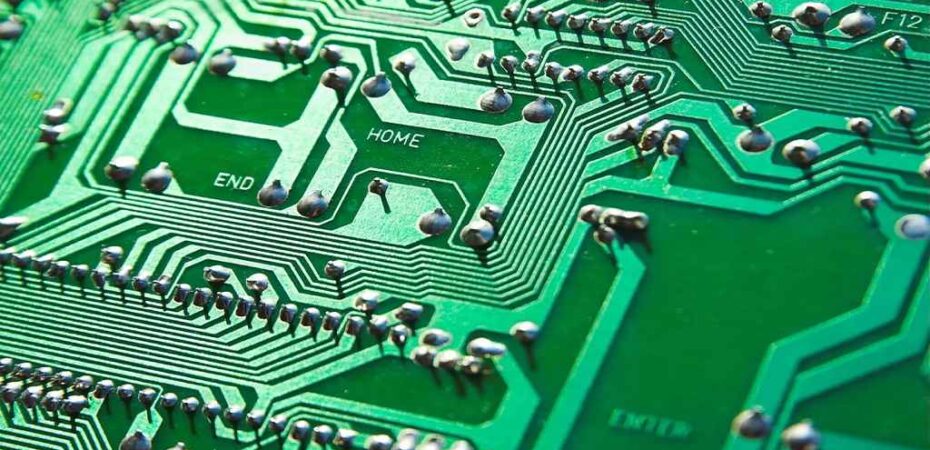A logic board is a central component of a computer or electronic device that manages its core functions. It is also known as a motherboard or system board and controls all of the device’s hardware and software.
In this article, we will explore what a logic board is, how it works, and its importance in electronic devices.
What is a logic board?
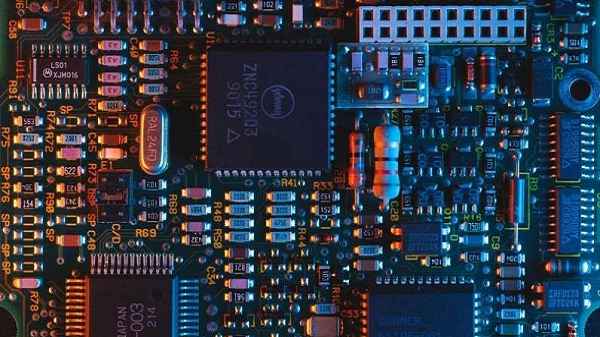
A logic board is a circuit board that connects all components of a computer or electronic device. It is the central hub for all communication and data transfer between the device’s features.
The logic board contains a series of connectors, sockets, and slots that allow the device’s hardware components, such as the processor, memory, and storage devices, to communicate. It also manages the device’s input and output functions, such as connecting to external devices and sending data to displays and speakers.
How does a logic board work?
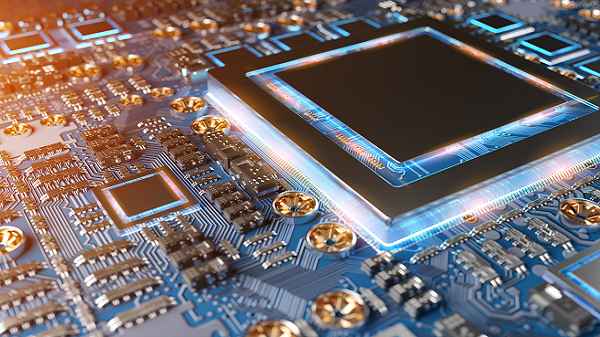
A logic board is a complex electronic circuit that uses a variety of components to manage the device’s hardware and software functions. These components include the following:
- Microprocessor: The microprocessor is the logic board’s central processing unit (CPU). It executes the device’s instructions and manages its data flow.
- Memory: Memory is stored temporarily while the device is in use. The logic board contains several types of memory, including RAM, cache, and firmware.
- Expansion slots: Expansion slots allow users to add hardware components to the device, such as graphics cards or sound cards.
- Input/output (I/O) controllers: I/O controllers manage communication with external devices, such as keyboards, mice, and displays.
- Power supply: The power supply provides the logic board and its components with the necessary power to operate.
The logic board uses a system of buses and connectors to connect these components together. The buses are high-speed data highways that allow the components to communicate with each other. The connectors and sockets provide the physical connections between the components.
Why is the logic board important?
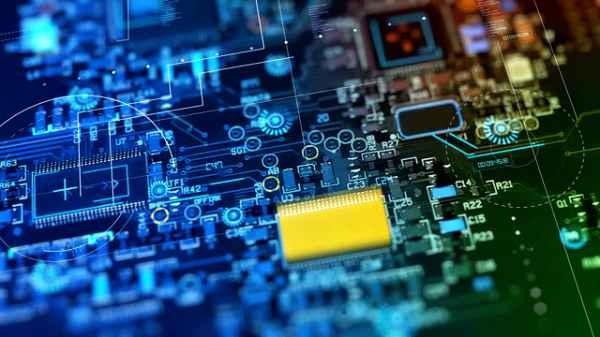
The logic board is a crucial component of any electronic device because it controls all of the device’s hardware and software functions. Without the logic board, the device’s components would not be able to communicate with each other, and the device would not be able to operate.
The logic board also plays a significant role in determining the performance and capabilities of the device. The microprocessor, memory, and expansion slots on the logic board all have a direct impact on the device’s speed and ability to handle complex tasks.
In addition, the logic board can affect the device’s compatibility with other hardware and software. If the logic board is not compatible with certain components or software programs, the device may not be able to run them properly.
Common issues with logic boards
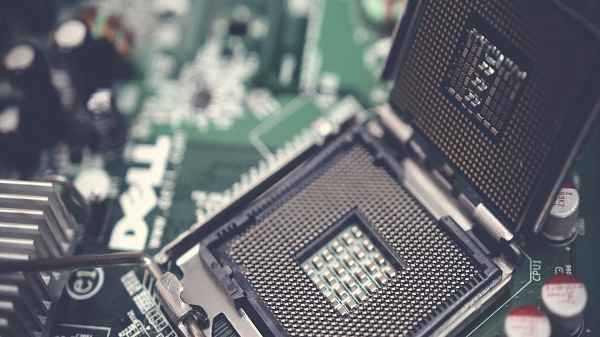
Like any electronic component, logic boards can experience issues over time. Some of the most common issues with logic boards include the following:
- Power issues: If the power supply or power management system on the logic board fails, the device may not be able to turn on or may experience other power-related issues.
- Overheating: Overheating can cause the components on the logic board to malfunction or fail. A variety of factors, such as poor ventilation or a malfunctioning cooling system, can cause this.
- Component failure: If any of the components on the logic board fail, the device may not be able to operate properly. A variety of factors, such as wear and tear or manufacturing defects, can cause this.
- Compatibility issues: If the logic board is not compatible with certain components or software programs, the device may not be able to run them properly. This can cause issues such as crashes or error messages.
Conclusion
In conclusion, a logic board, also known as a motherboard, is an essential component of a computer system. It acts as the main circuit board and connects all the components of the computer, allowing them to communicate with each other. The logic board is responsible for controlling and coordinating the different functions of the computer, such as processing data, managing memory, and communicating with peripherals.
As technology advances, logic boards have become increasingly sophisticated, with more features and capabilities being added with each new generation. In modern computers, the logic board also includes the BIOS (Basic Input/Output System), which manages the startup process of the computer and performs self-diagnostic tests to ensure everything is working correctly.
Overall, the logic board plays a crucial role in the functioning of a computer system. Without it, the computer would not be able to operate, and none of the other components would be able to communicate with each other. As technology continues to evolve, the logic board will likely continue to play a central role in the development of new and more powerful computer systems.
Read also:
- Thinking of Starting a Business? Top Software You Need
- How to Choose a CRM Software as a Small Business Owner
- Do You Own A Restaurant? Here’s How To Use Technology To Your Advantage
- How To Use Technology To Improve Your Restaurant
- Using Technology To Improve The Processes Of HR
- How To Change Netflix Region: Watch Any Country Version Anywhere
- A Simple Guide to Buying Refurbished Servers

